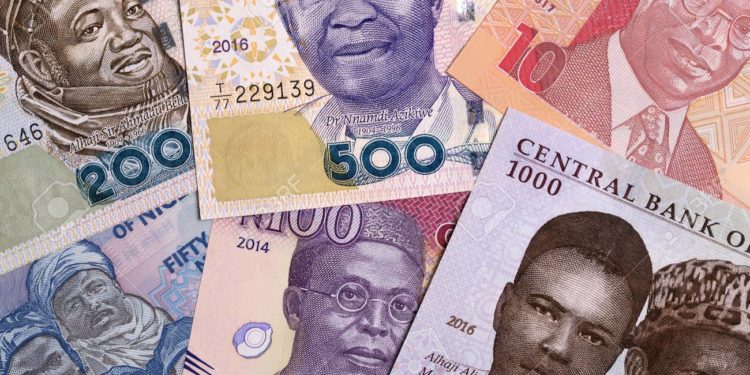Following several weeks of a downward trend, Nigeria’s foreign exchange reserves have witnessed a marginal resurgence of about $262 million over 19 days.
The Central Bank of Nigeria’s (CBN) latest figures reveal a cautious upward adjustment, with reserves inching up to $32.369 billion as of May 7, 2024, from a one-month dip of $32.107 billion.
The reserves experienced a steady decline from $34.45 billion on March 18th, largely due to the interplay of dwindling oil prices, debt service costs, and other obligations of the CBN.
The reserve is currently at a 26-day high when compared to the April 12, 2024 figure of $32.612 billion.
Over one-month dip streak
Nigeria’s FX reserves experienced a notable decline for a little over a month, beginning at $34.450 billion on March 18th.
- This downward trend continued steadily with the reserves falling to $34.389 billion by the 19th of March, and further to $34.264 billion by the 21st.
- The trend persisted through the end of March, with the reserves standing at $33.827 billion on the 28th.
- The descent carried on into April, reaching $33.570 billion by the 2nd, and then $32.612 billion by the 12th, marking a significant drop.
- Mid-April figures showed a continuation of this pattern, with the reserves dipping to $32.291 billion on the 15th, $32.204 billion on the 16th, and then marginally to $32.121 billion on the 17th.
The reserves slightly declined to $32.110 billion on the 18th and hit the lowest mark of the observed period at $32.107 billion on the 19th.
Marginal rise
However, a subtle turnaround was seen with a slight uptick. Between April 19, 2024, and May 7, 2024, Nigeria’s foreign exchange (FX) reserves experienced a steady and consistent increase, rising from $32.107 billion to $32.369 billion.
- The progression of this growth can be observed through the daily figures: on April 19, the reserves stood at $32.107 billion; by April 22, they had risen to $32.109 billion, and further to $32.113 billion on April 23.
- By April 24, the reserves increased to $32.118 billion, and on April 25, they reached $32.132 billion.
- This upward trajectory continued as the reserves climbed to $32.152 billion on April 26 and further to $32.233 billion by April 29. On April 30, the reserves stood at $32.255 billion, and by May 2, they had grown to $32.285 billion.
- The rise persisted on May 3, reaching $32.301 billion, and continued to $32.347 billion by May 6, finally culminating at $32.369 billion on May 7.
- Overall, this period saw an increase of $0.262 billion in Nigeria’s FX reserves, showcasing a positive trend reflective of improved economic conditions and effective foreign exchange management.
While the climb is slight, it introduces a positive note in the country’s economic narrative, which has been dominated by concerns over the stability of the Naira and the ability to meet international trade and debt obligations.
What You Should Know
Nairametrics earlier reported that Nigeria’s foreign exchange (FX) reserves maintained a one-month dip streak, reaching a new low of $32.12 billion on April 17, 2024.
The reserves dropped by $2.33 billion in 31 days, from $34.45 billion on March 18, 2024, marking the lowest level since September 20, 2017, when they were $32.08 billion.
- The CBN governor, Yemi Cardoso, recently said that the decreasing reserves were primarily due to debt repayments and other standard financial obligations, rather than efforts to defend the naira.
- Cardoso also disclosed that the reserve account had seen an influx of approximately $600 million recently, stressing that the movements in the country’s FX reserves were routine and not aimed at defending the naira.
- The global credit ratings agency, Fitch, recently estimated that approximately 30% of Nigeria’s external reserves are constituted by foreign exchange (FX) bank swaps. It also noted that the lack of clarity over the precise size and composition of Nigeria’s FX reserves remains a significant constraint on the nation’s sovereign credit profile.
- Nairametrics also reported that a member of the Monetary Policy Committee (MPC) of the CBN, Bamidele A.G. Amoo, had said that the earlier decline in Nigeria’s foreign exchange (FX) reserves was mainly due to foreign exchange swap transactions.























